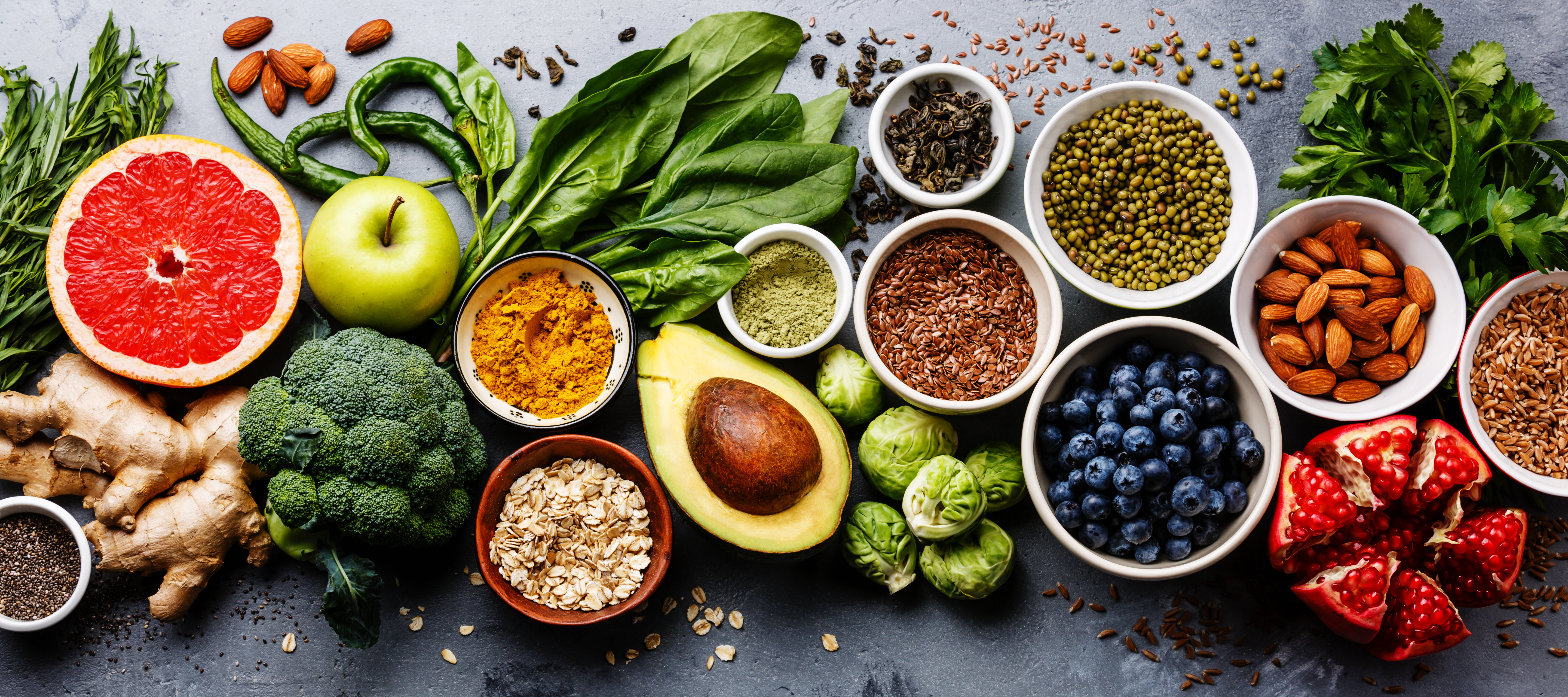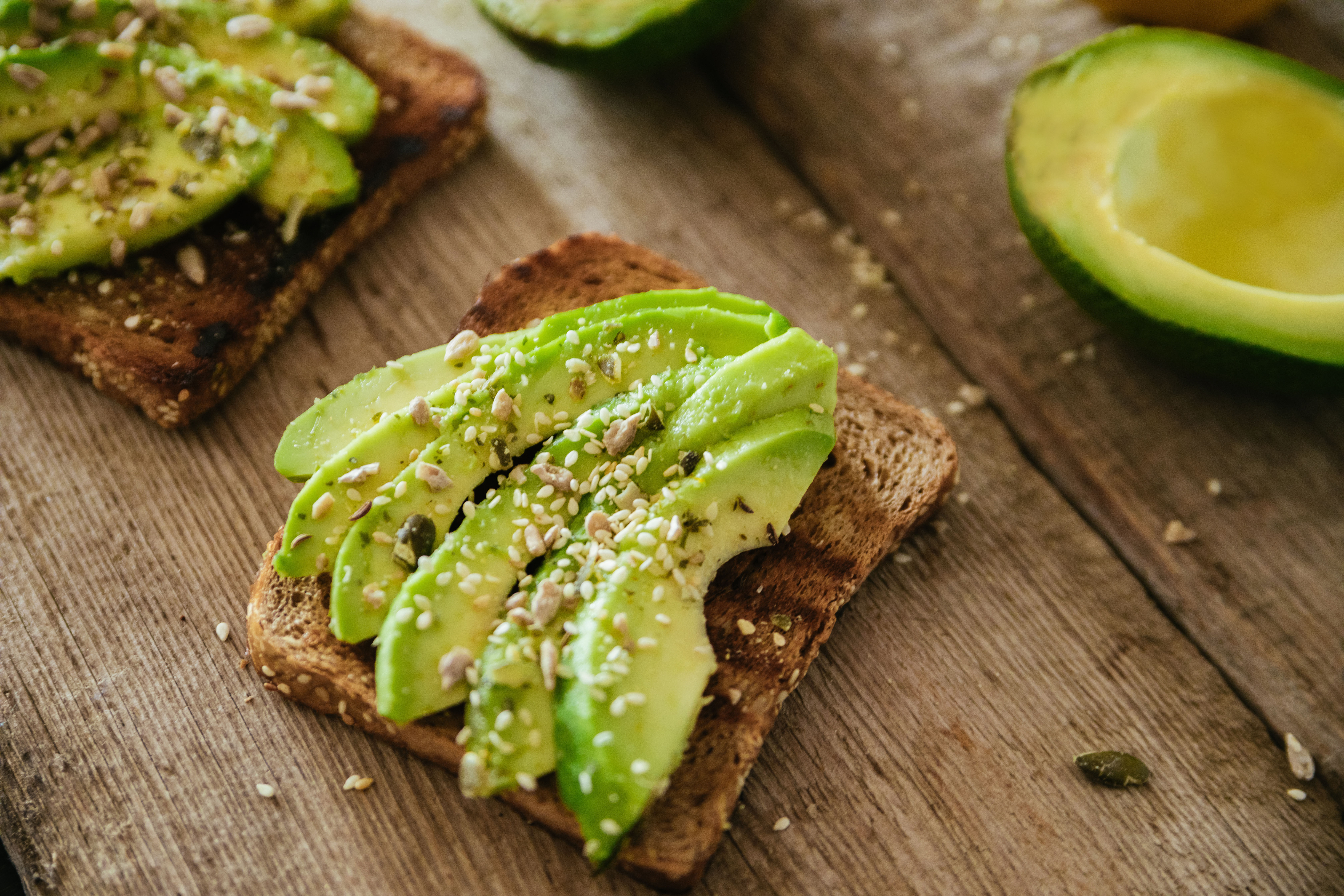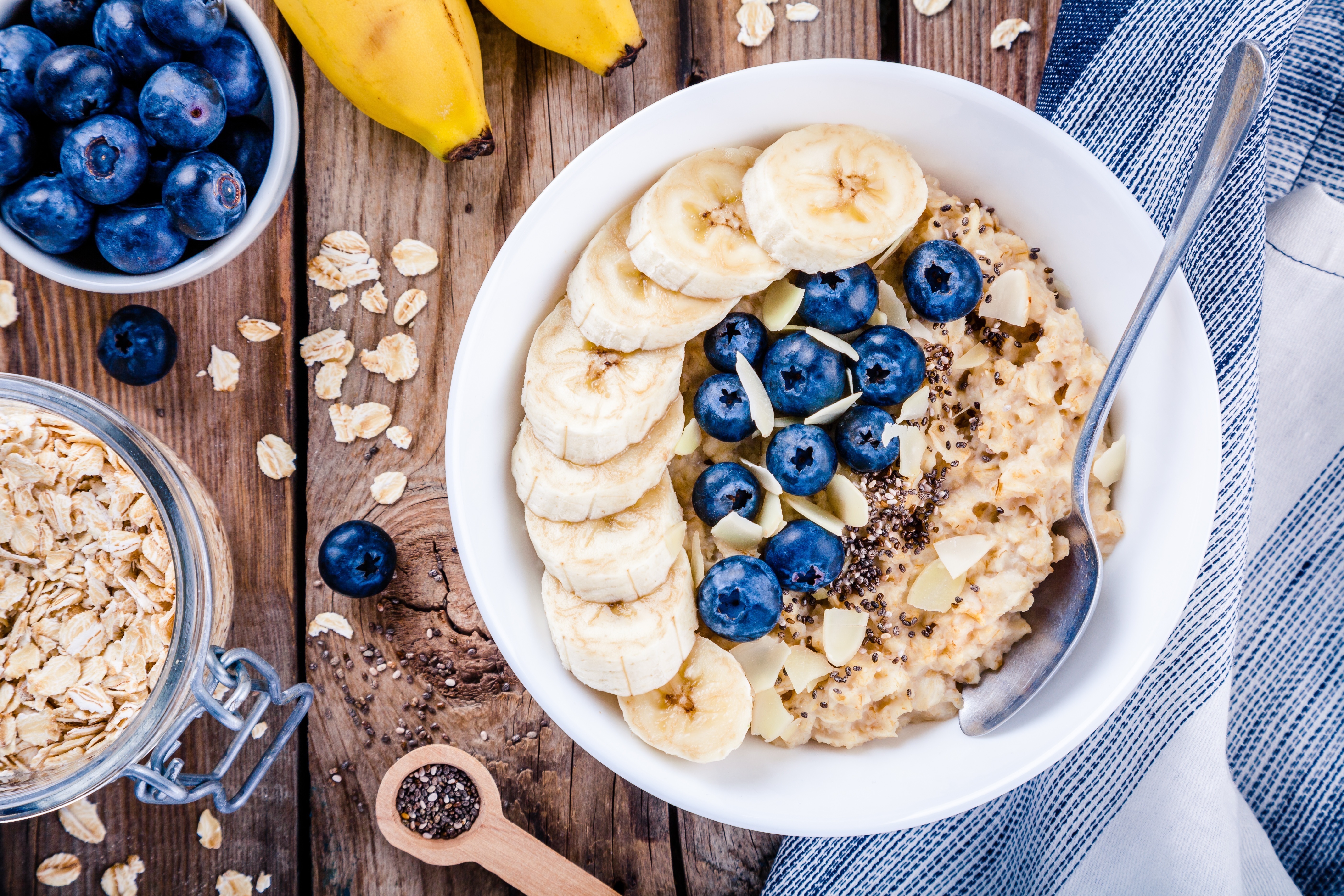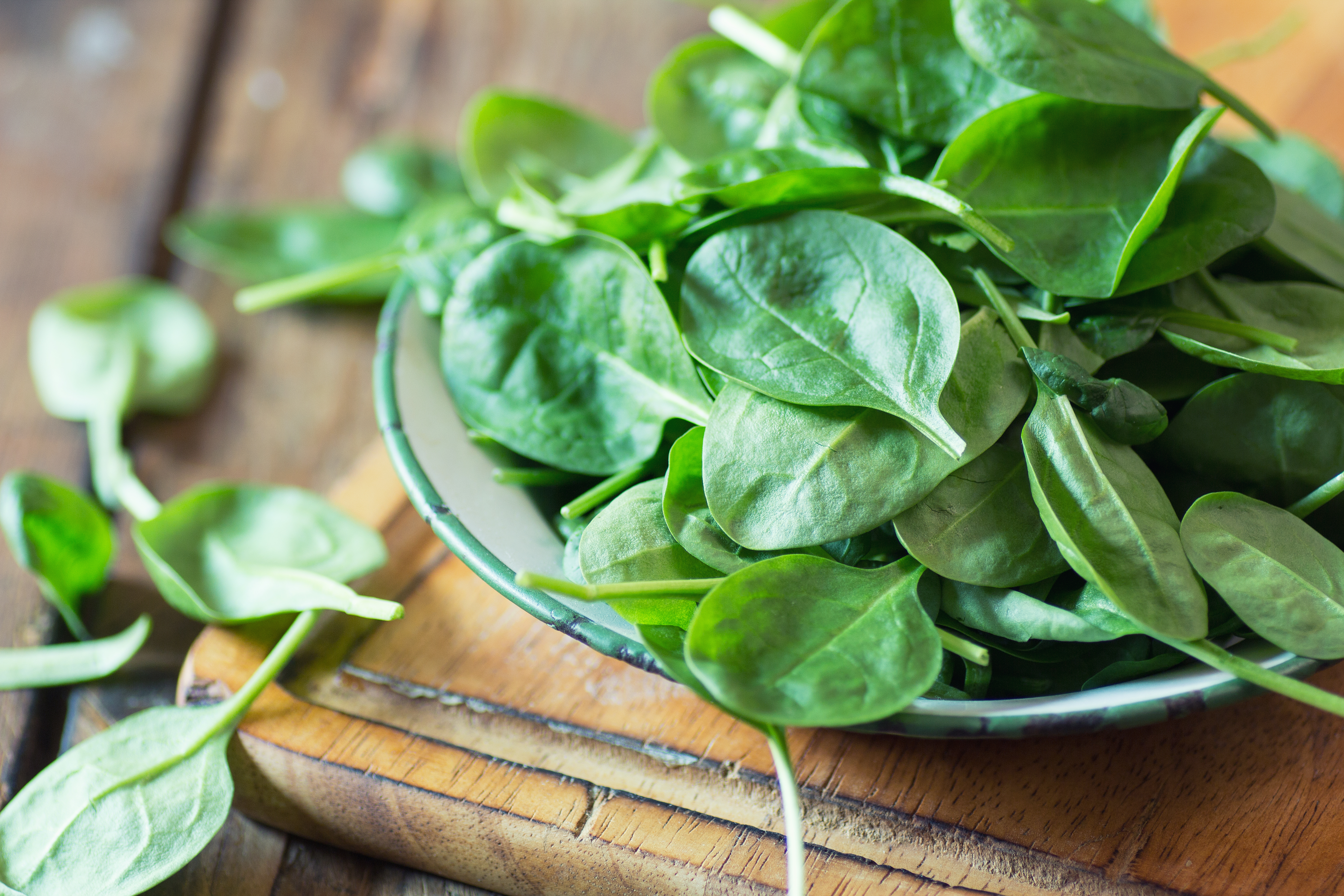February is American Heart Month. Take a look at some nutritious foods that are heart-healthy and delicious.

Eating healthy doesn’t mean giving up the foods you love. Learn how to eat more of the food you love by eating more of the nutrient-dense fuel it needs. The first step to eating heart healthy is by including more fruits and vegetables into your meals and snacks. Try incorporating these 10 super foods into your diet to improve your heart health.
1. Berries
Berries are full of anti-inflammatories, which reduce risk of heart disease. Many berries have proven benefits for heart health. These include lowering blood pressure and cholesterol, while reducing oxidative stress. They may also help reduce the risk of type 2 diabetes by acting as great alternatives to sugary snacks.
2. Avocados
Lowers bad cholesterol and raises good cholesterol in your body. Avocados are full of anti-inflammatories and cholesterol reducing phytosterols. They are full of vitamins C, E, K, B5, B6 and folic acid. Avocados are particularly rich in healthy monounsaturated fats.

3. Salmon
Super rich in omega-3 fatty acids, it can effectively reduce blood pressure and reduce risk of blood clots. Aim for 2 servings per week. Not a salmon fan? Try mackerel, tuna, herring, or sardines for a similar boost.
4. Olive oil
Oils can be harmful, or healthy, to your body and it depends on the source of the oil. Saturated fats that are found in butter, coconut oil and hydrogenated oils increase your LDL cholesterol level in your blood stream. Whereas unsaturated fats, which olive oil has, can help improve your “good cholesterol” levels.
5. Oatmeal
Oatmeal is a gluten-free whole grain with a great source of important vitamins, minerals, fiber and antioxidants. The antioxidants found in oatmeal may help lower blood pressure levels by increasing the production of nitric oxide in your boy. This helps dilate blood vessels and leads to better blood flow. The fiber in oatmeal also can reduce cholesterol, reduce blood sugar and increase the feeling of fullness.

6. Nuts
Nuts are full of omega-3 fatty acids, healthy fats, and fiber. One drawback to nuts is that they're high in calories, so it's important to limit portions. Studies show that eating nuts may lower bad cholesterol, improve the health of the lining of your arteries, lower inflammation linked to heart disease and reduce the risk of developing blood clots.
7. Legumes
Legumes are full of soluble fiber, omega-3 fatty acids, and protein. Studies have definitively linked a diet high in legumes with a lower risk of developing obesity, diabetes, high blood pressure, high cholesterol, heart disease, or strokes.
8. Spinach
Spinach has almost everything your heart needs, including omega-3 fatty acids, antioxidants, B vitamins, and fiber. Spinach is particularly rich in vitamin B called folate. Folate is important for building and maintaining healthy cells, especially healthy red blood cells needed for heart health.

9. Flaxseed
Full of fiber and omega-3 and omega-6 fatty acids. The fiber, phytosterols, and omega-3 content of flaxseed may health promote heart health. Phytosterols are molecules that are similar in structure to cholesterol, but they help prevent the absorption of cholesterol in the intestine. Eating foods that contain these nutrients may help reduce the levels of "bad" cholesterol in the body.
10. Soy
Eating soy is a great way to increase your plant protein. Research indicates that including more plant protein in your diet, as opposed to more carbohydrates, has clear cardiovascular benefits, such as lowering blood pressure.
Checkout other wellness tips: The benefits of walking

